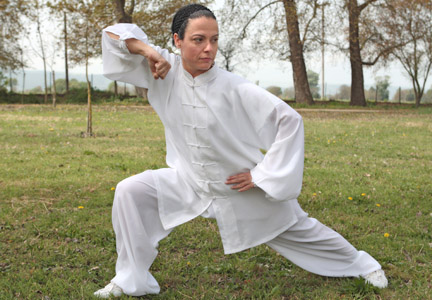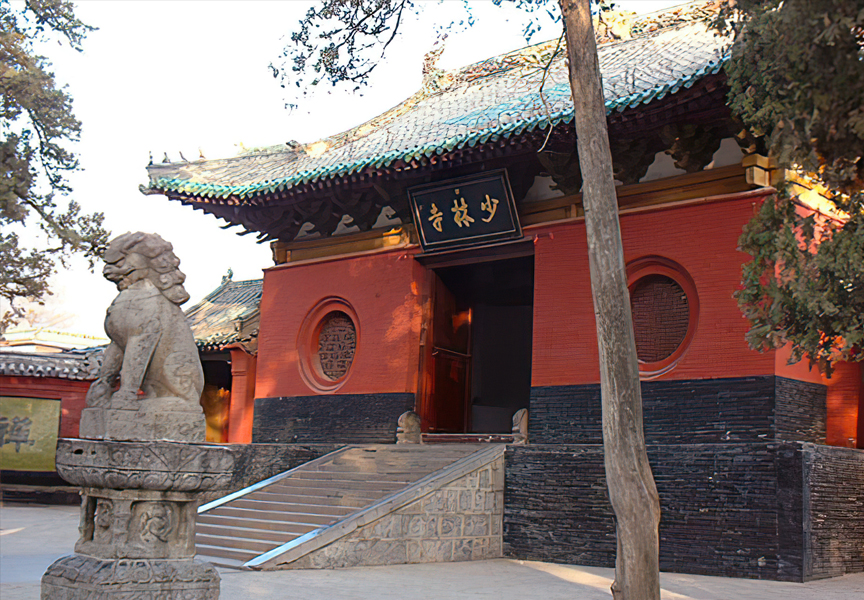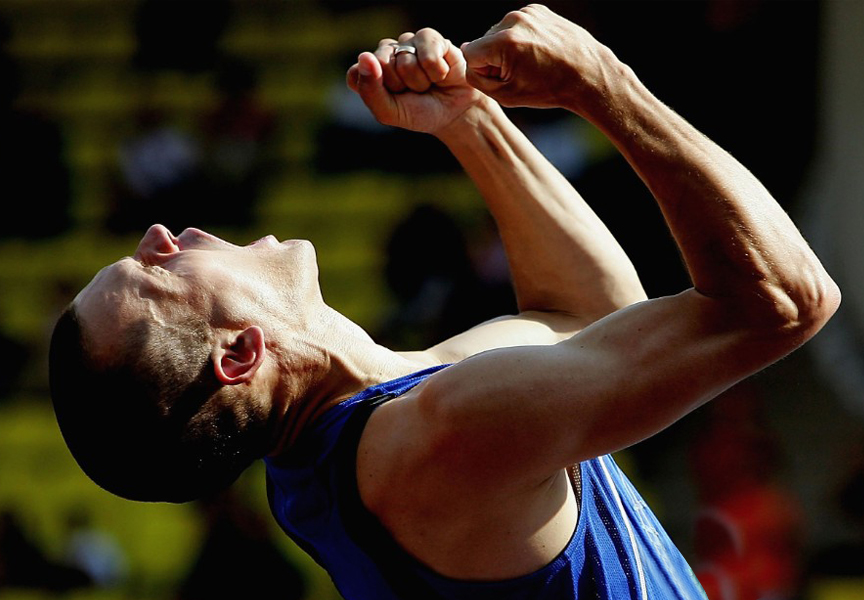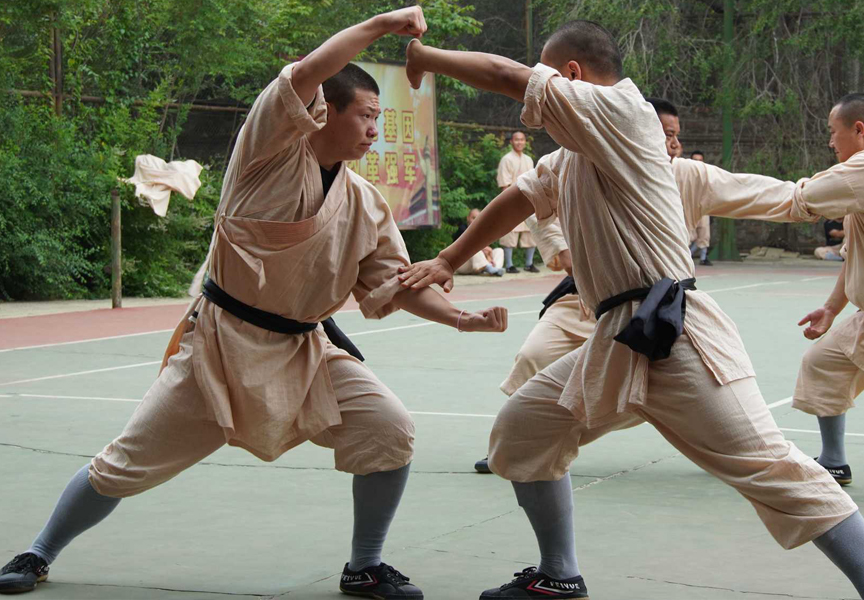Random Free Articles
- Understanding Qi

The Vital Life Force in Traditional Chinese Medicine In the realm of traditional Chinese medicine, few concepts are as central and enigmatic as "Qi" [Chin.: Qì 气]. Pronounced as "chee," this ancient notion has captivated the minds of scholars and practitioners for centuries. Qi is often described as the vital life force or energy that flows through the human body, as well as through all living things and the universe…
- The Five Skills of Shaolin Soft Fist

The growth and development of Shaolin [Chin: Shàolín 少林] Soft Fist - Rou Quan [Chin: róuquán 柔 拳] unfortunately was not like that of Shaolin Kung Fu. The need for survival forced the monks to focus on strengthening the body and on defense and combat techniques rather than the healing properties and the energy balancing provided by the art of the old monks. Soft Fist - Rou Quan is a great art, which constantly develops the physical…
- Expecting the Unexpected in a Martial Art

Martial arts have a rich history of teaching discipline, self-defense, and physical fitness. These arts come in various forms, each with its unique techniques, philosophies, and principles. One fundamental aspect that martial artists are continually taught is to expect the unexpected. This core principle not only enhances one's effectiveness in self-defense but also extends to various aspects of life. In this article, we will explore the…
- Unveiling the Deep Culture of Shaolin

A Journey Through 15 Centuries of Spiritual and Physical Cultivation In the hustle and bustle of the modern age, where speed and efficiency often take precedence, it becomes imperative to take a step back and explore the profound wisdom embedded in ancient traditions. One such tradition that beckons us to delve into its deep culture is the Shaolin philosophy—a repository of primordial knowledge that has evolved over 15 centuries. In a world…
- Every Competitor A Champion in Their Own Right

In the world of sports, competitions, and life in general, we often focus on the victors, the ones who stand atop the podium, wearing the gold, silver, and bronze medals. But let us not forget that a champion is not defined solely by their position – a champion is anyone who consistently gives their best every time they step onto the field, court, or any competitive arena. It's not just about finishing first, second, or third; it's…

